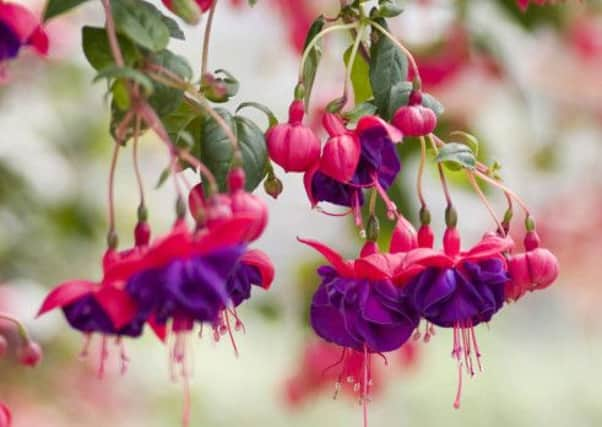Winter care for plants


I looked out on my patio a few days ago to see a pelargonium I planted back in May coming into flower yet again, at a time when most of my summer pots have been emptied.
Despite a lot of rain, it’s been a mild October, and this may lull many of us into a false sense of security about how long we leave it before offering our plants some protection from the winter chill.
Advertisement
Hide AdAdvertisement
Hide AdAs I live in a frost pocket, the pelargonium is going to come under cover soon. If you have pots of pelargoniums (bedding geraniums) which you want to enjoy next year, put them inside too, in a light, frost-free place such as a slightly heated greenhouse, a sheltered porch next to the house or an unheated spare room or conservatory, cutting them back to 10cm (4in). Don’t expose them to warm central heating or they’ll just wilt when you put them out next year.
Fuchsias, which lose their leaves entirely and spend winter looking like bare sticks, will need the same treatment. You’ll hardly need to water them at all until growth resumes in spring, at which point you can repot them into John Innes No 2 potting compost and harden them off before placing them outside when the risk of frost has passed.
If you don’t have heating in your greenhouse, insulating your more tender plants with bubble wrap can make a huge difference, especially if you buy the fixing clips which separate the glass from the bubble wrap, creating a thin pocket of insulating air between the glass and the wrap. Alternatively, you may have to venture out on really cold nights and cover your tender specimens with horticultural fleece to keep the winter chill at bay.
Hopefully, a bit of TLC over the winter months will ensure that your plants are brought back to their full glory next summer.